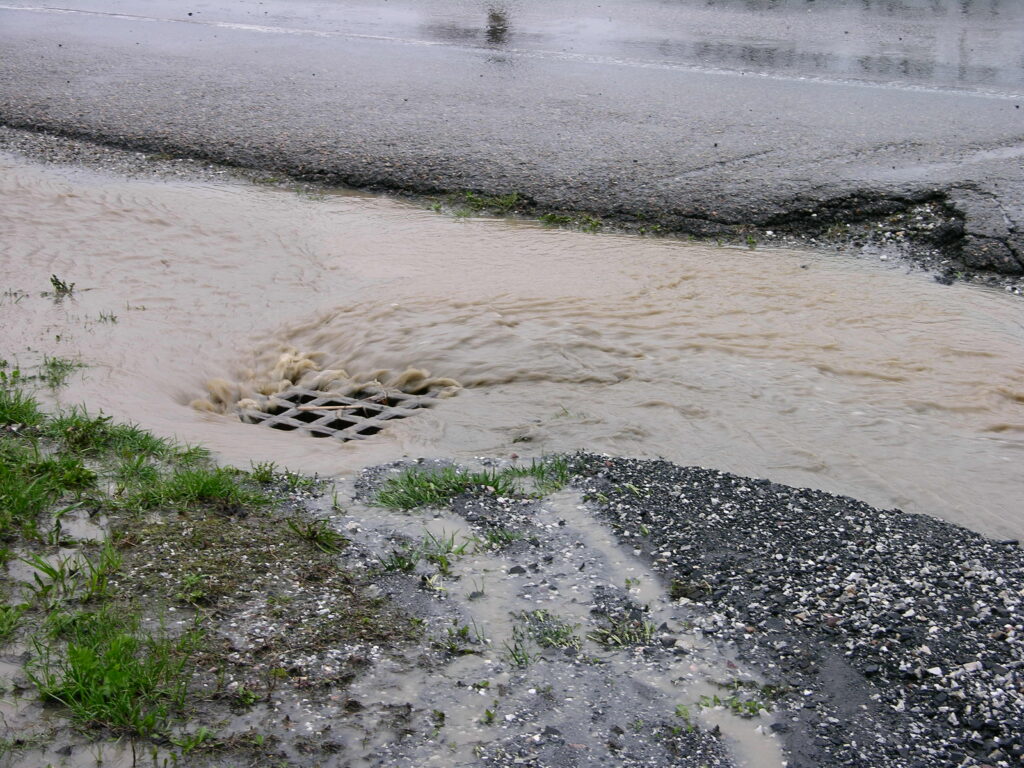According to the EPA, nonpoint source (NPS) pollution is the leading cause of water pollution in the country.
Nonpoint source pollution occurs when rainfall or snow melt moves across land, picks up pollutants such as fertilizers and bacteria from pet waste, and then deposits these pollutants into lakes, rivers, coastal waters, and groundwater.

NEIWPCC’s Role
NEIWPCC facilitates a Nonpoint Source Pollution Workgroup of NPS program managers from the New England states, New York state, and the EPA. The workgroup meets regularly to discuss developments in policies and funding for programs to manage and track nonpoint source pollutants. For more information, contact Devon Case.
NEIWPCC hosts the regional two-day NPS Conference every spring in partnership with our member states and the EPA. In 2023, 2025, and 2027, the EPA awarded NEIWPCC with a cooperative agreement to run the National NPS Training Workshop for state, federal, territorial, tribal, nation, and others working under Section 319 of the Clean Water Act.
Other NEIWPCC programs and workgroups overlap with NPS issues, including:
- Emerging contaminants
- Harmful algal blooms
- Mercury
- Septic systems
- Stormwater
- Total maximum daily loads
NEIWPCC employees won an Environmental Merit Award for their role organizing the Northeast Voluntary Turf Fertilizer Initiative. These regional guidelines related to the formulation and application of turf fertilizer are the result of collaboration between the Northeast states, the EPA, and industry and non-industry stakeholders.
